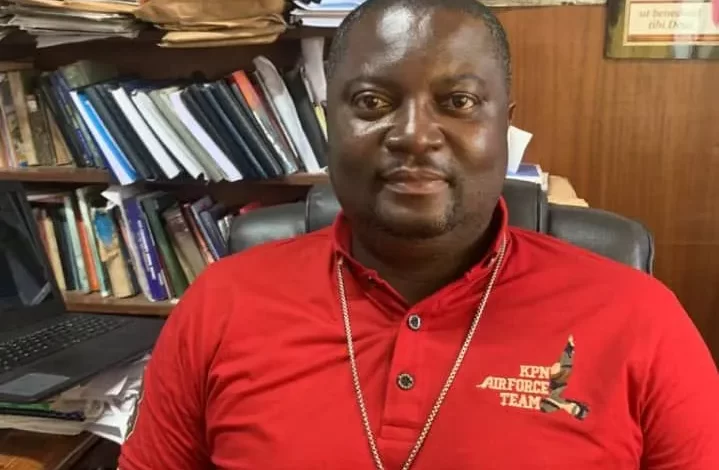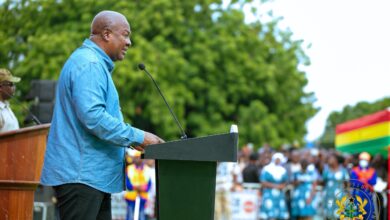
President John Dramani Mahama has reinvigorated his political leadership by actively pursuing his 120-day manifesto, a political and social contract aimed at setting a precedent for future presidents. While his mandate doesn’t require the full implementation of every policy within this period, he has laid a solid foundation—particularly in stabilising the economy and the cedi—within his first four months in office.
Dr. Jonathan Asante Otchere, a political analyst and senior lecturer at the University of Cape Coast, shared these views during the Adekyee Mu Nsem morning show on Ahotor 92.3 FM, hosted by Citizen Kofi Owusu in Accra.
According to Dr. Otchere, the government has performed commendably, especially when considering macro and microeconomic indicators. The relative stability of the cedi-dollar exchange rate in recent months, he said, is a promising sign.
He further noted that key policy engagements such as the Economic Dialogue and the Education Forum have contributed significantly to shaping the government’s economic policy and broader development agenda.
Looking ahead, Dr. Otchere believes that the continued stability of the cedi could help reduce Ghana’s debt burden, which has been a growing concern.
On another front, Dr. Otchere praised the launch of a Code of Conduct for ministers by President Mahama. He described it as a step in the right direction toward ensuring ministerial accountability and curbing corruption through stronger checks and balances.
However, in a related development, Dr. Kojo Pumpuni Asante expressed concerns about President Mahama’s acceptance of two vehicles as gifts, which he later transferred to the state.
Dr. Asante, Director of Policy Engagements and Partnerships at the Centre for Democratic Development (CDD-Ghana), criticized the move as inappropriate and potentially compromising. He argued that public officials—especially the President—should not accept high-value gifts in the first place.
“You don’t accept and then donate; you reject. These are high-value gifts, and we must discourage private individuals of influence from making such donations to the President,” Dr. Asante warned. “The President holds too much power for us to risk conflicts of interest that can’t be resolved.”
His comments came after the President publicly acknowledged receiving the vehicles during the launch of the new Code of Conduct. Dr. Asante questioned the ethical implications of such actions.
“How do you determine whether the President was influenced? You simply can’t. So, the best approach is to avoid such scenarios entirely,” he said.
He emphasized the need for Ghana to adopt international best practices on gift acceptance and transparency.
“There’s plenty of best practice around the world. If we genuinely want to elevate the standards of accountability and integrity, there’s no room for accepting high-value gifts,” he stated.
Dr. Asante also voiced concern over the proposed ¢20,000 threshold for declaring gifts, arguing that it creates loopholes.
“Regardless of whether it’s declared or not, the mere act of accepting such items carries serious implications,” he said.
In conclusion, he urged Ghana to confront uncomfortable truths if it hopes to bring meaningful reform to public office.
“Integrity is not supposed to be easy. If we’re truly committed to change, we must be bold enough to draw clear ethical boundaries.”
Story by: Alexander Kukah @kukahalexnder7@gmail.com




